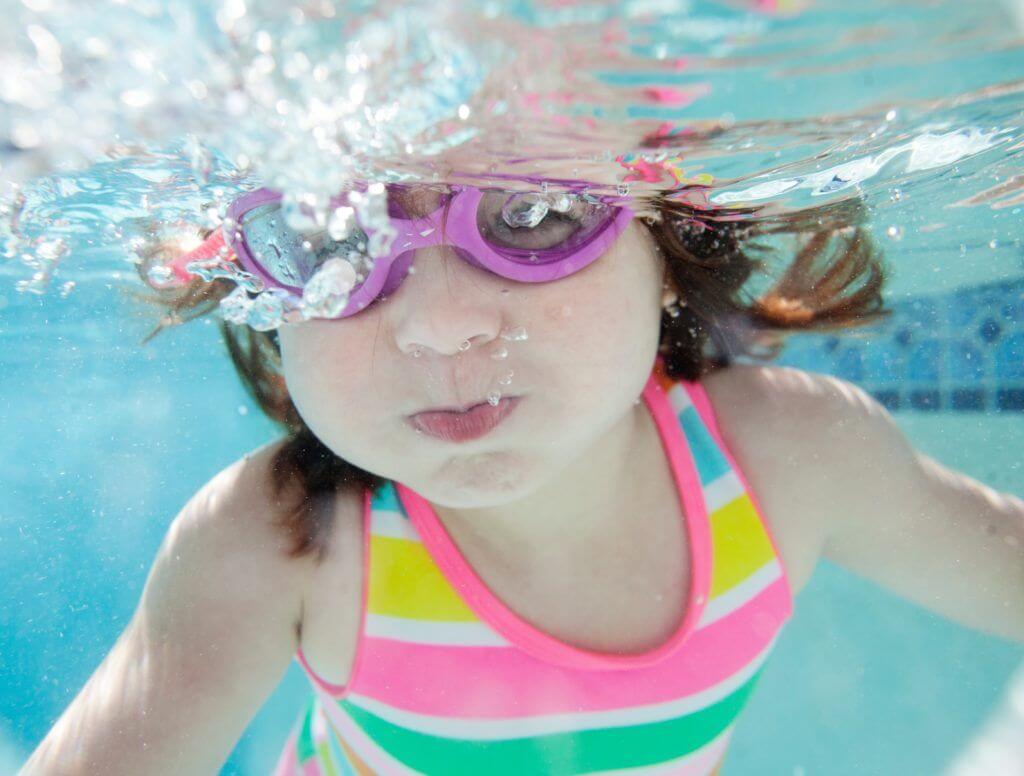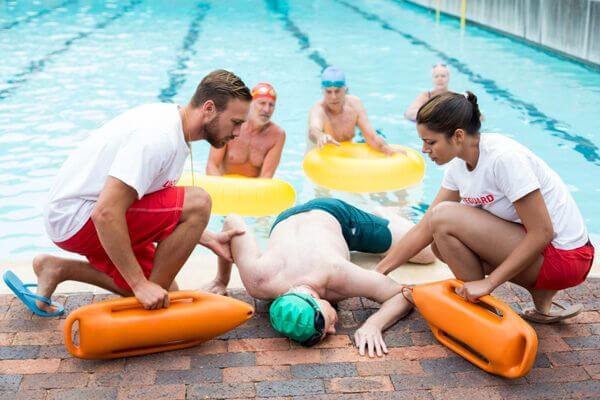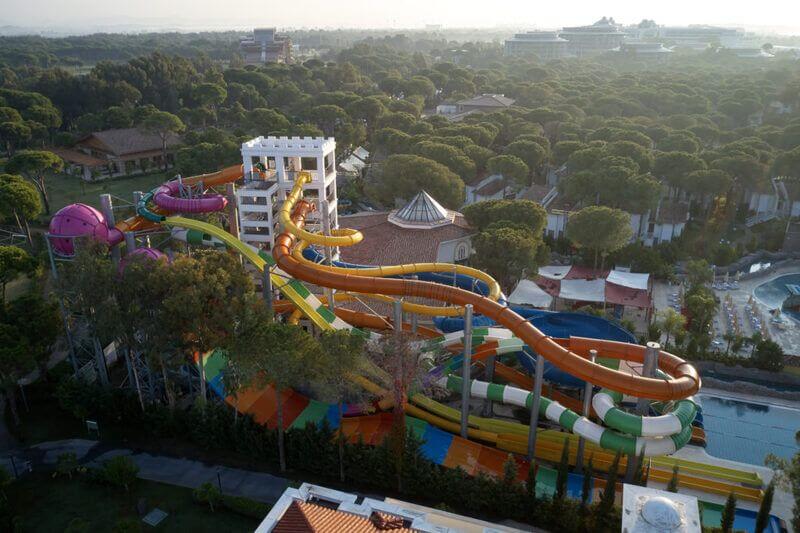Georgia Drowning and Pool Accident Attorneys
Swimming Pool Injuries

Pool accidents and other water-related injuries can change your life forever. If the injury happened because of someone else’s negligence, you may have the right to recover compensation for medical bills, lost wages, pain and suffering, or loss of life.
The personal injury attorneys at Blasingame, Burch, Garrard & Ashley, P.C. are experienced in successfully recovering compensation for victims and their families when someone is injured or killed because of someone else’s negligence.
Georgia Premises Liability
Who is Responsible When Someone is Injured or Drowns in a Pool?
Georgia premises liability law allows accident victims to hold the owner responsible if someone is injured or killed on their property because of negligence. An example is if the owner fails to repair, correct, or warn visitors about potentially unsafe conditions. Property owners are required to exercise ordinary care to keep their premises safe, whether it’s a residential or commercial property. As a general rule, in Georgia premises liability cases, you have to prove that the property owner knew or should have known about the dangerous condition that caused the injury.
Parties who may be held responsible may include:
- Private swimming pool or spa owners
- Public swimming pool or spa owners and operators such as hotels, motels, or waterparks
- Maintenance companies
- Lifeguard services

Drowning Accident Attorneys
Georgia has swimming pool regulations to protect children, non-swimmers, and others from drowning. Public swimming pool, spa, and waterpark requirements are a bit more stringent than residential, but all property owners are responsible for keeping their property safe. Some examples of premises liability regulations (both private and public) for pools or hot tubs include:
Georgia Swimming Pool and Spa Requirements
- Swimming pools must be fenced in.
- If a spa or hot tub does not have a secure, child-resistant cover, it must be fenced in.
- Surfaces in a pool or spa must have a slip-resistant surface.
- Swimming pools and spas shall be constructed of non-toxic materials.
- All electrical wiring, equipment, and installation should conform with the national, state, and local electrical codes.
- Water depths at the shallow end of the swimming area must be a maximum of 3’6″ except for racing pools which must have a minimum depth of 3’6″.
- The maximum water depth in a spa must be 4′ measured from the waterline. Exceptions may be made for spas designed for a special purpose.
- All swimming pools shall have at least two entry/exit locations, one at each end of the pool.
Swimming pool and spa owners should have appropriate safety measures in place, which may include having trained lifeguards on duty. If the owner does not provide a lifeguard, they are responsible for displaying warning signs that there is no lifeguard on duty. If a pool owner negligently hires a non-qualified lifeguard, fails to post appropriate warning signs, or fails to incorporate other safety measures like flotation devices, and someone is seriously injured or drowns, then the pool owner and/or lifeguard company may be held liable.

Common Swimming Pool Accidents
- Slip and fall injuries
- Electrocution
- Infections
- Diving board injuries
- Entrapment
- Near drowning
- Drowning
Types of Swimming Pool Injuries
- Broken bones
- Lacerations
- Traumatic brain injury
- Disembowelment or pool suction drain injury
- Amputation
- Deadly infections such as:
- E. coli
- Cryptosporidium (Crypto), a parasite
- Respiratory infections caused by Legionella, a bacterium that causes pneumonia
- Death
Although there are state and federal regulations to help prevent entrapment and other catastrophic swimming pool injuries, serious and sometimes fatal injuries still occur. The consequences of a drowning or near-drowning event may include serious harm, lifelong injuries, or death. A near-drowning incident may cause loss of cognitive function or leave someone in a vegetative state that requires 24/7 care. They may never be able to return to work and/or require ongoing, expensive medical treatment for the rest of their life.
What is the Personal Injury Statute of Limitations in Georgia?
The BBGA Difference
If you or a loved one has been seriously injured in or near a swimming pool, spa, or waterpark because of someone else’s negligence, you need a skilled and experienced personal injury attorney by your side who will fight for your rights.
The personal injury attorneys at Blasingame, Burch, Garrard & Ashley, P.C. can work closely with medical professionals, witnesses, accident reconstruction experts, and other aquatic professionals to establish the cause of your swimming pool injury and prove damages. We can investigate the swimming pool owner’s policy, as well as documents or records of complaints or past injuries, to determine whether negligent practices were a factor in your injury. If negligence is found, we will protect your interests by pursuing a case against the responsible parties and if necessary, representing you at trial.
Contact us today at 706-354-4000 to schedule a free consultation or fill out our contact form to tell us more about your potential case. There is no cost unless we recover money for you in your case.
